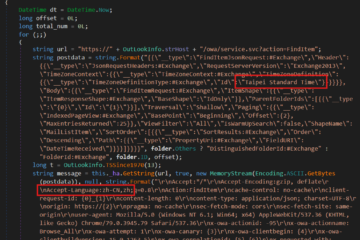Hey there! Looking to stay updated on all things AI? Sign up for our daily and weekly newsletters to get exclusive content and the latest industry news. Find out more!
Have you ever wondered why hackers are so interested in harvesting encrypted data? It’s all because they’re playing the waiting game for the day quantum computing breaks through cryptography and gives them access to years of stolen information. To prepare for this potential threat, hackers are ramping up their efforts to collect even more encrypted data than ever before. Here’s what businesses need to know and how they can respond:
Why are hackers harvesting encrypted data?
Did you know that around eight out of ten businesses use encryption extensively or partially for various aspects of their operations? It’s a common cybersecurity practice to protect databases, archives, internal networks, and internet communications. However, cybersecurity experts are sounding the alarm about cybercriminals stealing encrypted data with the intention of using it in the future. In fact, over 70% of ransomware attacks now involve stealing information before encrypting it.
The rise of the “harvest now, decrypt later” strategy in cyberattacks is a direct result of advancements in quantum computing technology. Quantum computers operate using qubits, which can exist in multiple states simultaneously, giving them unprecedented processing speeds. This poses a significant threat to traditional encryption methods, as quantum computing could render them useless in the near future.
How ‘harvest now, decrypt later’ works
While classical computers would take an unimaginable amount of time to decrypt encrypted data, quantum computers could do it in a matter of seconds due to their qubit-based processing. This technology, though currently limited to research institutions and government labs, is rapidly evolving and becoming more accessible. Cybercriminals are capitalizing on this trend by stealing encrypted data now and planning to decrypt it later when quantum computing becomes more widespread.


